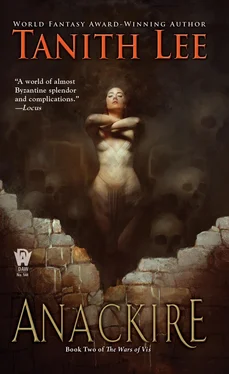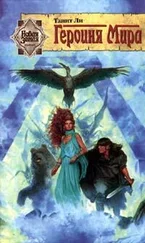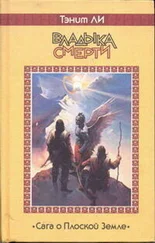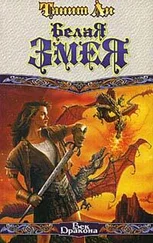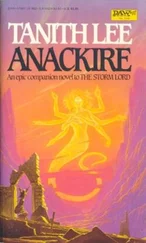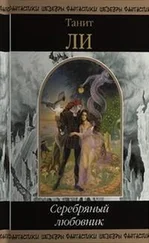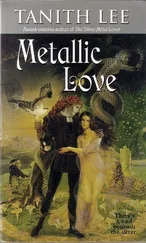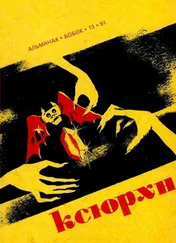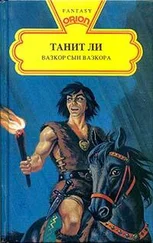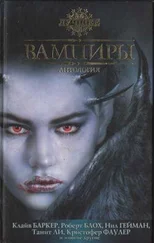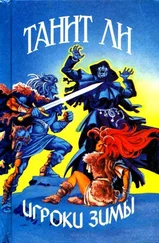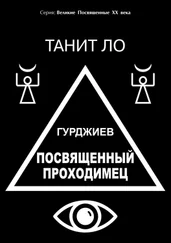“Don’t, for the goddess’ sake. A royal progress to Xai would finish it. No. Remember me here. Wear these clothes for me. This dye, they tell me, was mixed with the blood of thirteen virgin girls, to get the color so exact.”
Jornil, between belief and scorn for Zastis quickening, lifted the cup of sour young wine and drained it.
Xai was situated on the plains of southwestern Karmiss, many miles from the capital. It was a journey of fifteen to seventeen days, mostly due to the poverty or nonexistence of the roads. The inns were also poor, or nonexistent. The land was flat at Xai. Wild zeeba herds galloped across it, as if themselves unwilling to linger. Two small villages crouched on the estate. The villa itself was ramshackle. Patchy jungle-forest, adrift in a swampy lake, gave the house its characteristic aura and odor.
Kesarh had spent enough of his childhood in this place to know how much he detested it.
Like a sick lion, he fretted in his confinement. At night, or at odd times during the blazing days, Zastis drove him to couple with the wretched women who were his possessions. He rode, exercised, and tried to hunt the sterile country. The men he had taken with him got drunk on the vile local beer and spewed it up again, cursing Suthamun, or Kesarh, or their gods.
He had been there a full month before he had any unsolicited word. Then it was from the source he partly anticipated: the half-blood captain, Raldnor of Ioli.
Twelve days later the man arrived, with an escort only of three. Which boded rather well.
They sat on the roof terrace under awning. As the sun began to set over the forest in the lake, birds rose and fell in screaming clouds.
“I’ve come to see more and more distinctly,” Raldnor Am Ioli declared with soft persistence, “how we were used. I, my fellow captains, yourself, lord Prince. All to be sacrificed. Then Suthamun to send some favorite and clear the seas, getting glory over our backs. We were the taster at the feast. Meant to die to prove the strength of the bane.”
Kesarh smiled slightly. At his signal the girl refilled the Iolian’s cup.
“And so naturally,” Am Ioli said, “instead of reward—punishment. My captaincy retracted. And fined— fined , by Ashkar—for making unsanctioned public spectacle.” He drank. His pale blood was not from Shansar, but out of Vardath, hence his Vardish name for the goddess. That too was useful, in the matter of basic loyalties. “Is Suthamun insane?”
Kesarh shrugged.
“The King believes in the supremacy of his own yellow race. Men of mixed blood—even of such favorable coloring as yourself, sir—are a blot on the purity of his people. I didn’t properly understand this, I confess, until Tjis. Now, Raldnor, I wonder how long I shall understand anything.”
“You’re in fear of your life, still.”
“If I died at Xai, it would go unremarked.”
“No. The capital’s alive with your praises, even now.”
“Till the mob forget, then. After that—another snake, maybe.”
“He could reach out to all of us.”
“So he could.”
They drank. Raldnor Am Ioli banged down his empty cup.
“Other than fly Karmiss like felons, what solution?”
Kesarh said, “I could hardly get off the island, having been regally detained here. He’d like me to attempt it, possibly, then invent treason out of it. A lawful execution would follow.”
“This is Suthamun’s madness.”
“His obsession. But what hope does any man of dark blood have since the Lowland War?”
Ruffled, Raldnor intuitively smoothed his feathers. Until recently, the accident of coloring which had earned him his illustrious name, had worked as an aid rather than a drawback. The godlike Storm Lord Raldnor himself had been a mix.
The sun was in the lake, drowning and burning like one of the Free Zakorian ships. The wine, too, was nearly gone.
“Berinda,” Kesarh spoke peremptorily to the girl. She looked at him with the soft, wounded eyes of the born-broken slave, then slipped away to refill the jug. “In any case,” Kesarh murmured, “I’m surprised you think me worth your concern, sir. After our discussion at sea.”
“Those galley-slaves you left to roast?” Raldnor met his eyes coolly. “It was an act I loathed, my lord. But your ruthlessness, while I abhorred it, do abhor it, led me to expect—how shall I put it?—great things of you. A shining future. You’d destroy anything that stood in your way.”
“And you,” said Kesarh, “would rather risk yourself beside me, than find yourself in my way.”
Raldnor, with a certain humorousness, nodded.
He was an audaciously clever and perceptive man. These very qualities would occasionally cause him to behave foolishly and blindly.
“You asked if there might be a solution to the King’s malice,” Kesarh said. “There may be. Something that will show his hand to the people so openly he won’t dare to try again. Something stamped with such ironic justice that Istris will never forget it. It’ll hurt, too, if you like your revenge with salt on it.”
Raldnor shifted. He now knew himself in the presence of what he had already sensed he was in the presence of, aboard the Karmian galley. But, opportunist that he was, his eyes were open and his hands steady as he said, “Please enlighten me, my lord.”
In a couple of sentences, Kesarh obliged.
“By all the bloody gods,” said Raldnor, whose Vis mother had been a successful whore in Ioli’s Pleasure City.
Across the roof, against a sky which had lulled to bronze, the girl Berinda was coming back with more wine. She had heard nothing of what was said, nor would it have interested her. Her mind was fixed and held by fundamental things. As she leaned to fill Kesarh’s cup, she remembered how he had lain with her, and she inhaled the male scent of him like some drug.
He paid her no heed.
The priestess Eraz became aware that another had noiselessly entered the Sanctum, beyond the curtain of golden scales. Eraz looked, with her inner eye, out into the unseen space. The persona was immediately recognizable, not only for itself, but for the infinitesimal secondary element which was now in the midst of it, fainter than the warmth of a dead coal.
It was presently the time when the luminary fires of the temple burned low, and when the curtain before the goddess did not rise merely at a footfall on the sky-borne dragons of the mosaic. These were, too, the hours between midnight and morning known in the ancient mythos of the Shadowless Plains as the WolfWatch. The hours of the insomniac, of doubt and self-dislike, and, sometimes, of death.
The Lowland priestess moved from behind the curtain and into the body of the Sanctum. She crossed to the spot where the Princess Val Nardia stood, her head bowed, alone and in silence.
“Do you seek the goddess?”
Val Nardia faltered.
“I seek. She isn’t to be found.”
“Yes. Always.”
Val Nardia turned her face not simply downward, but away.
“I’ve sinned. She’s not for me.”
“If you’d thought Her not for you, you would not have come to Her, Val Nardia of Istris.”
“I’ve sinned—sinned—let me confess it, and give me a penance.”
“That is the way of your mother’s people. Anackire awards no penance, no suffering. The symbol-stretching of Her arms which are retribution, destruction, torment, the inexorable curse—these are metaphysical. We inflict our own torture upon ourselves. We chastise ourselves.”
“My sin—”
“Your sin is only sin because you will have it so.”
“ No . Help me!” Val Nardia cried, looking up, catching at the woman’s robe.
Eraz said, “The help is in you. You must help yourself. What we have done is the past. We reiterate the deed, or we dismiss the deed.”
Читать дальше
